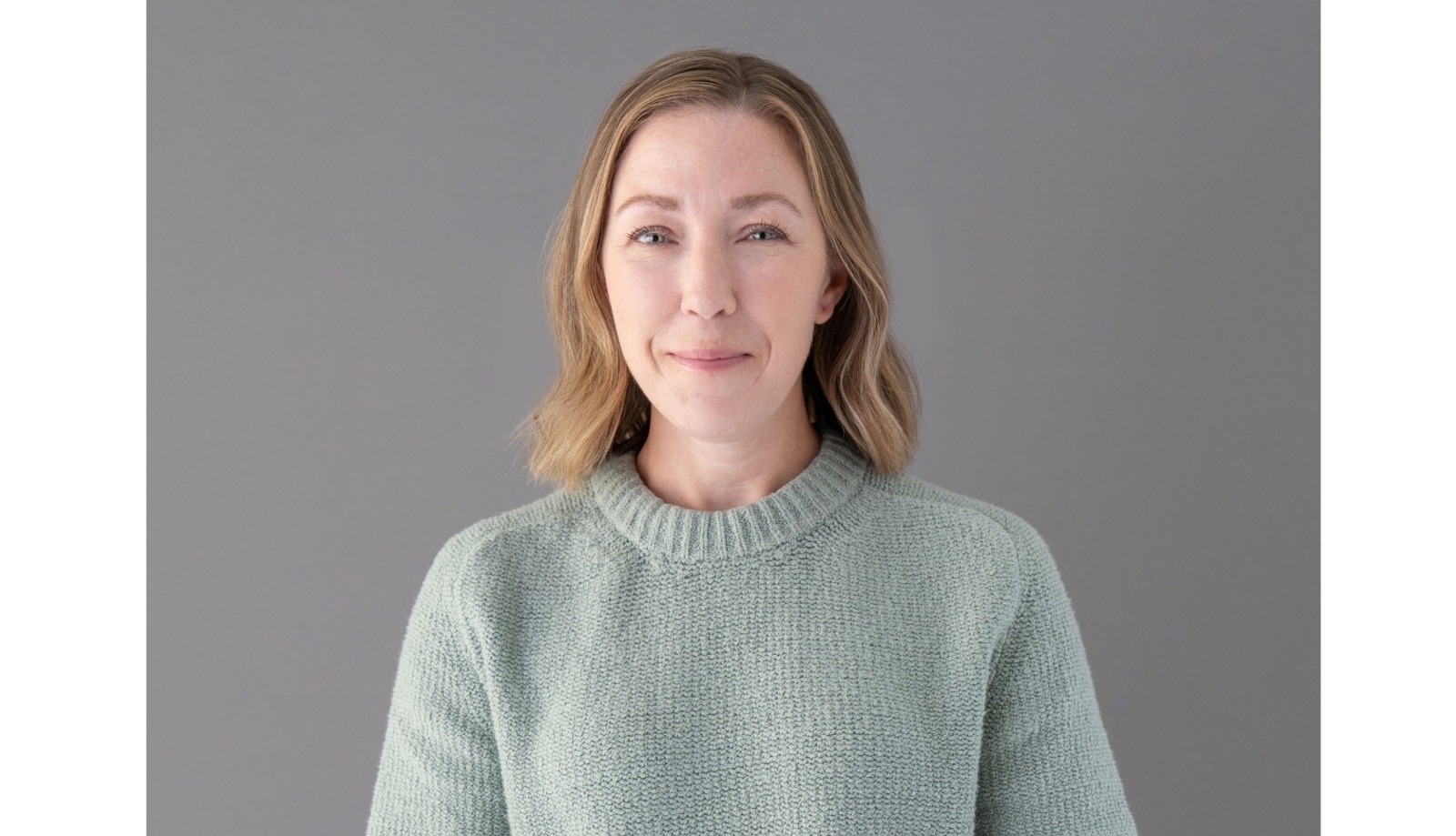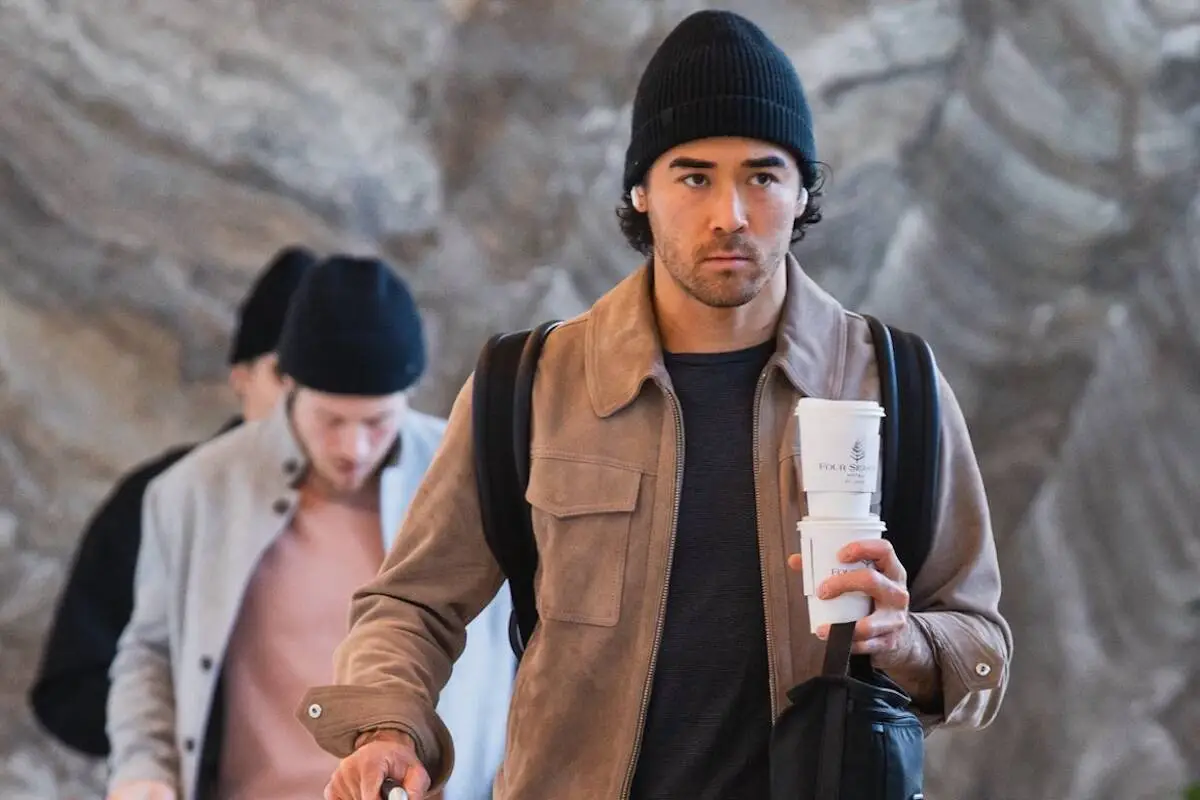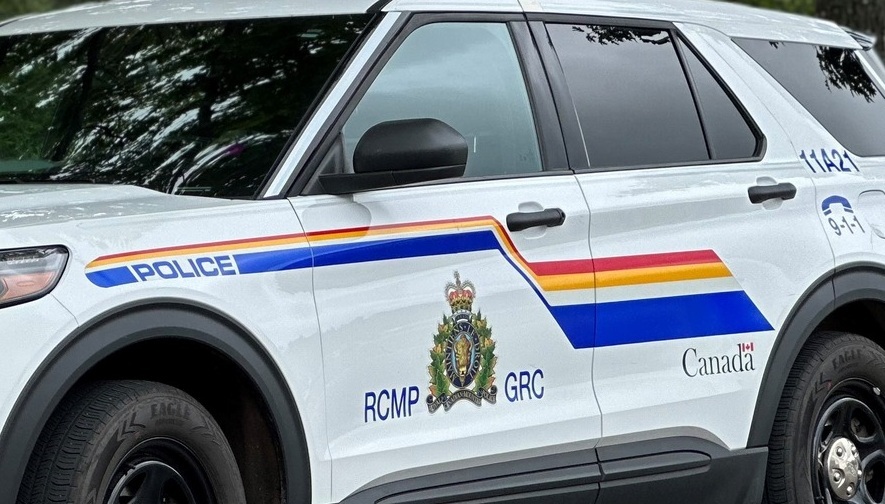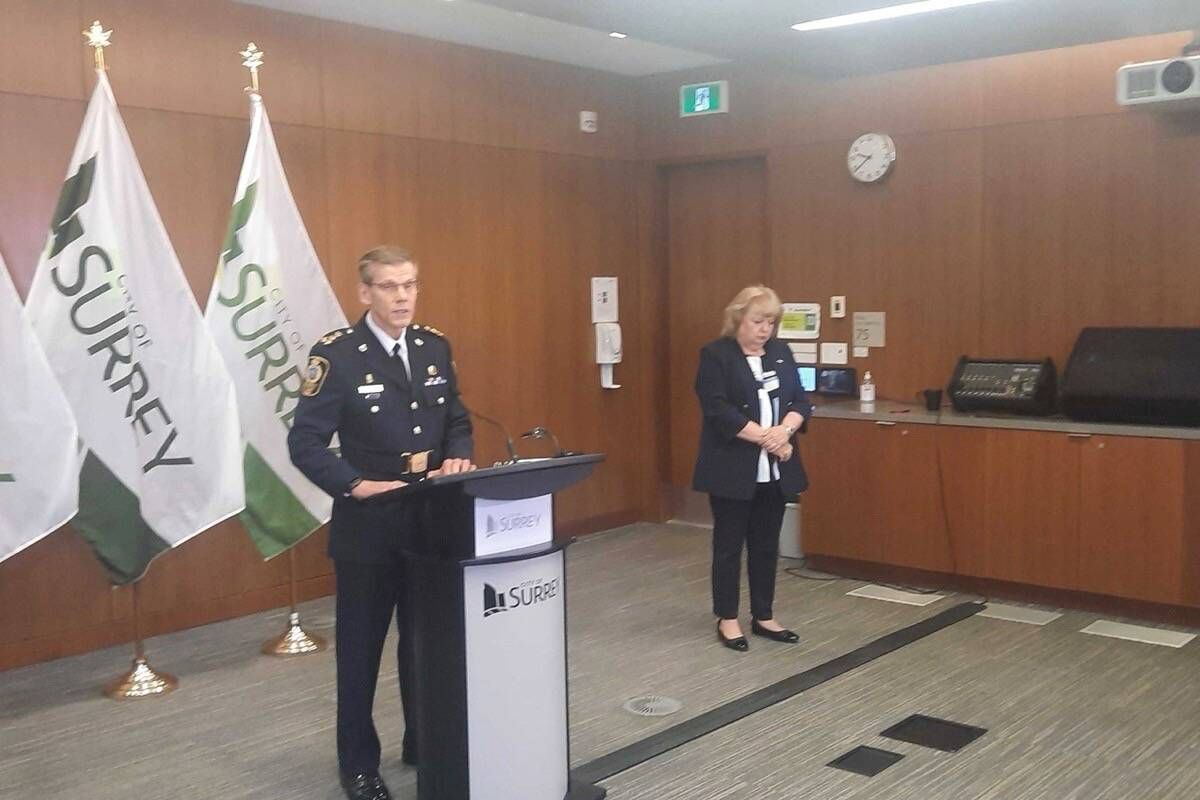Federal Opposition leader Pierre Poilievre chose Surrey as the stage for a major announcement Wednesday (Aug. 20), standing inside the Royal King Palace and Convention Centre — the same venue that was riddled with bullets during an overnight shooting on July 21. Poilievre declared the banquet hall had been “the victim of extortion,” though Surrey Police later clarified the motive is still under investigation and no direct link to extortion has been established at this time.
Poilievre outlined his broader fall priorities, which he framed around stronger take-home pay, safer streets, secure borders, and a more self-reliant Canada. But he emphasized that safety comes first, and that is why he chose a community shaken by violence to announce his plan to end extortion and restore safe streets.
Central to his strategy is the designation of the Lawrence Bishnoi Gang as a terrorist entity. Both Surrey Mayor Brenda Locke and Premier David Eby have previously called on Ottawa to take this step. Poilievre argued that such a move would give law enforcement the tools to arrest anyone connected to the gang’s finances, logistics, or recruitment and either jail them or, if they are not Canadian citizens, deport them. “The Bishnoi gang has been terrorizing communities, shooting up neighbourhoods, extorting our people and taking the money out of our country,” he said. “There’s evidence now that their violence is linked to terror and political motivations.”
Poilievre also vowed to bring back mandatory minimum sentences for extortion-related crimes. He proposed a minimum of three years in prison for all extortion convictions, four years if a firearm is used, and five years if the crime is tied to organized crime groups. According to Poilievre, these measures would deliver accountability and deter repeat offenders.
Wrapping up his remarks, Poilievre stressed that the Conservative plan is about restoring security and confidence in Canadian communities. “This action plan will help us to become more secure,” he told the audience, promising that under his leadership, Canada would see tougher enforcement and safer streets.



























